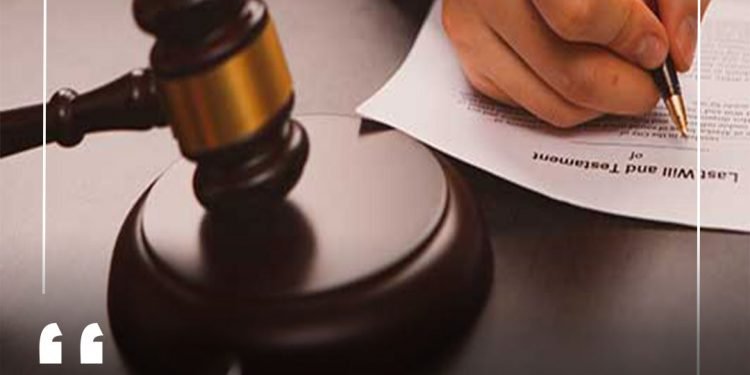The inheritance laws in the UAE are so strict that if the rightful heir to a property is not careful, they can lose their property to UAE authorities. While some people die without leaving behind their will, it is often difficult to solve such cases especially if there is more than one beneficiary. The situation can get even more complicated if the inheritors cannot agree on how to share the property. If the deceased left behind a will the work is much easier, and, through a power of attorney, the succession process can be seamless. To understand how the power of attorney and a last will work together, you will need to understand what each term means.
Power of attorney (POA) refers to handing over power to the attorney as the rightful heir of succession so that the attorney can represent you. To start, you will need to apply for a POA (which you can do online.) Here, you can opt to work with a law firm or a professional attorney. Once you have signed the document in front of a Notary Public, the document becomes official and the power of attorney comes into effect.
Last will – As we all know, a will is the written wishes of a deceased person, usually under the guidance of an attorney. In many cases, the last will is final, and it is against the law not to obey the last will of the deceased. That is why most people write their will in the presence of a lawyer whose task there will be to ensure that everything is conducted as instructed.
Power of attorney and last will
One of the biggest questions that people ask is if power of attorney can rule out the last will. The simple answer is no. As already stated, altering the will or doing contrary to what is written is considered breaking the law. If anything, many people get power of attorney to ensure that their will is implemented and many wealthy people have been known to use a power of attorney to specifically execute their will.
Besides the wealthy residents in the UAE, ex-pats are also known to use the power of attorney to proceed over the succession of their properties. This is because the inheritors of the wealth are usually not residing in the UAE. This can make it particularly difficult for the successors to follow through with the inheritance process as they may not be conversant with the inheritance laws of the UAE. Additionally, the process is better handled by someone with a much better understanding of how succession for ex-pats is conducted.
How to get power of attorney in the UAE
If you are considering having your last will to be implemented by an attorney of law firm in the UAE, you will need to first apply for a power of attorney. You can easily do this, and you will have to make sure that you follow the required steps. It is also important to know that for the power of attorney to be effective, it has to be approved by certain authorities. If you are an ex-pat, for example, and your property is in the emirates, a power of attorney will have to be attested by the foreign affairs ministry of your home country.
You can always apply for power of attorney in the UAE online and pay the accompanying fee. The cost varies depending on the attorney or law firm. You should also know that costs can come about when following up an inheritance in the UAE. These costs can be high but through power of attorney, you can avoid them. The succession process in the United Arab Emirates can be a lengthy one to complete. Power of attorney can help you avoid all that and ensure that your last will is implemented as fast as possible.
If there is a last will but no power of attorney (which is needed) the rightful heir of the property has the power to apply for power of attorney to help with the procedure.
Notary experts can help you
If you have a situation like anything mentioned above let experts at Notary Public Dubai assist you. With strong, professional skills with decades of experience between them do not hesitate to contact me to answer your questions.




